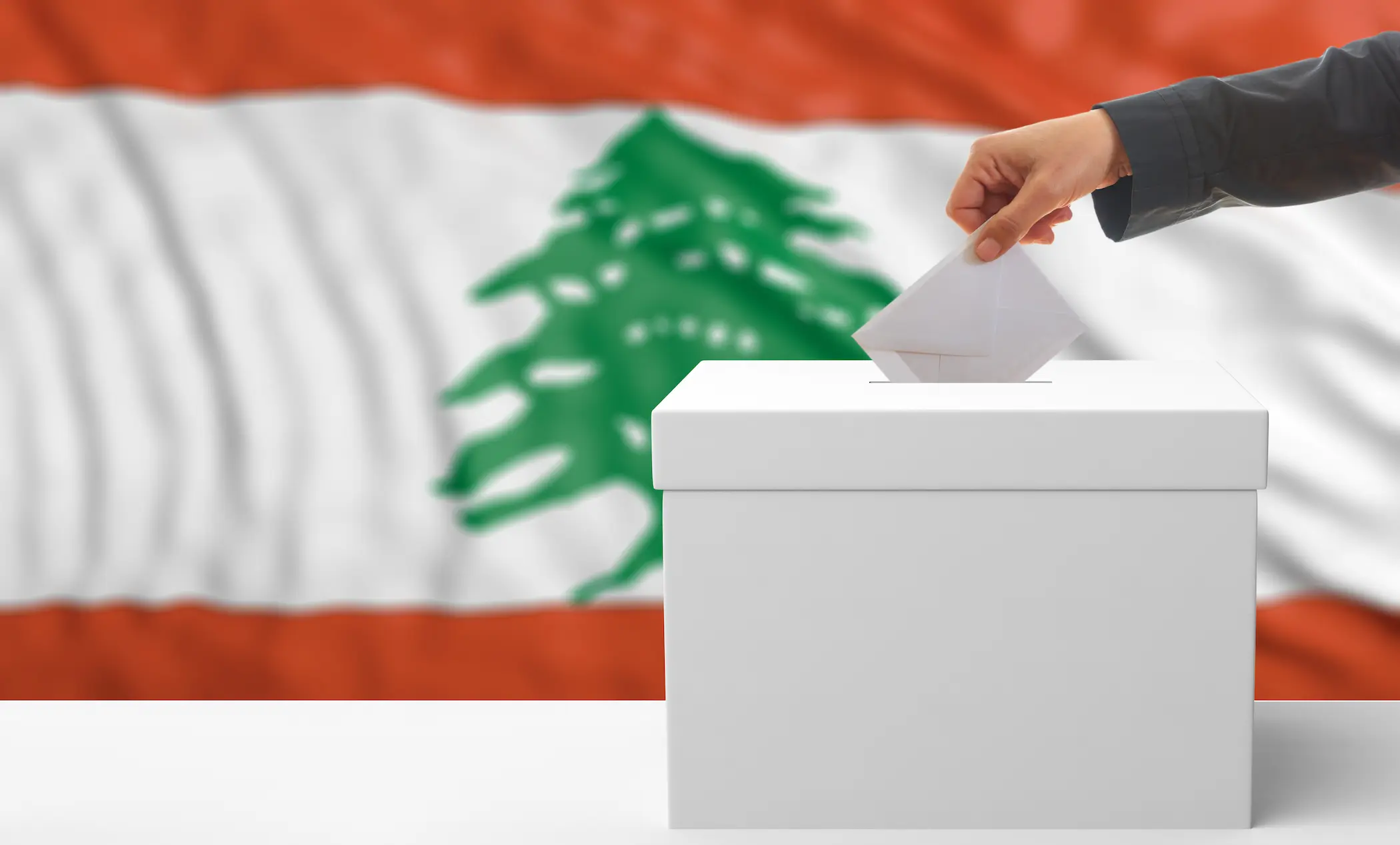8 Jan 2025
Back to Square One: Will the Presidential Vacuum in Lebanon Come to an End?
Lebanese Parliament Speaker Nabih Berri reiterated his call for a general session of Parliament on Jan. 9, 2025, to elect a new president as Lebanon’s presidential vacuum stretches into its third year. This call comes amid an ongoing crisis that began on October 31, 2022, following the end of former President General Michel Aoun's term. Aoun’s departure marked the conclusion of a previous presidential vacuum that lasted for 29 months, during which 45 attempts to reach a quorum for his election were unsuccessful. In the current vacuum, Parliament has failed to elect a president after twelve sessions, the most recent of which was held on June 14, 2024. This series of unsuccessful attempts highlights the profound complexities of Lebanon’s political process.
Recent domestic initiatives aimed at resolving the presidential vacancy and reaching a consensus on a candidate have also faltered. Meanwhile, representatives from five key countries, the United States, France, Saudi Arabia, Egypt, and Qatar, continue their efforts to mediate and navigate the obstacles hindering Lebanon’s political forces from agreeing on a mechanism to address the protracted vacancy crisis.
Amid persistent uncertainty surrounding the identity of Lebanon’s next president, political circles have been actively circulating the names of potential candidates. Among these, Commander of the Lebanese Army General Joseph Aoun, has emerged as a strong contender and is widely viewed as a likely consensus candidate.
The upcoming parliamentary session has ignited significant hopes that it may produce tangible results and lead to the selection of a new occupant for Baabda Palace. However, this optimism is tempered by pressing questions about whether Lebanon’s political forces can overcome their divisions, resolve the presidential vacuum, and converge on a candidate amidst the shifting political dynamics within Lebanon and across the region.
25 Dec 2024
From Lebanon to Syria: How Did the Syrian Civil War Reshape Hezbollah’s Military?
Hezbollah's involvement in the Syrian Civil War has significantly bolstered its military capabilities and strategic positioning against Israel. The war served as an invaluable training ground, providing Hezbollah fighters with extensive combat experience and allowing them to test and refine their tactics in real-world scenarios. This experience proved crucial in enhancing their proficiency in asymmetric warfare, a critical aspect of their confrontations with the technologically superior Israeli military.
Furthermore, the Syrian conflict solidified Hezbollah's alliance with Iran, which provided vital military support and resources. This included advanced weaponry, training, and logistical assistance, significantly enhancing Hezbollah's operational readiness. Iran's backing also enabled Hezbollah to establish a stronger presence in the region, providing strategic depth and allowing it to operate more effectively against Israel while countering Israeli influence in Lebanon and the broader Levant.
The war also forced Hezbollah to adapt and evolve its military doctrine. The group adopted more sophisticated tactics, incorporating urban warfare strategies and integrating advanced technologies like drones and precision-guided munitions. These innovations, born out of necessity on the Syrian battlefield, have better equipped Hezbollah to counter Israel's military advantages. Moreover, the prolonged conflict forced Hezbollah to develop sophisticated logistical and operational planning capabilities, including a robust supply chain that can withstand Israeli disruptions.
On the other hand, this intervention led to the exposure of the party and made it vulnerable to infiltration, which caused the party to lose its hard power against Israel and its soft power within Lebanon.
5 Sep 2024
El-Sisi’s Visit to Ankara: A Key Diplomatic Move During Unrest
In a move with significant political and economic implications, Egyptian President Abdel Fattah El-Sisi embarked on an official visit to Ankara Sept. 4, 2024. This highly anticipated visit comes months after Turkish President Recep Tayyip Erdogan's visit to Egypt earlier this year and his invitation to President El-Sisi to Ankara. The current visit, considered a turning point in Egyptian-Turkish relations, aims to strengthen bilateral cooperation and open new avenues for coordination on regional and international issues. After a decade of tension and estrangement in the relations between Egypt and Turkey.
The Egyptian President's visit to Turkey is of special importance, as it is the culmination of a long phase of discussions aimed at restoring relations between Egypt and Turkey to their normal course. The rounds of talks and meetings concluded with Erdogan's visit to Cairo last February, which witnessed the announcement of the revival of the High-Level Strategic Cooperation Council for relations between the two countries in its new form, where both leaders co-chair the first meeting of the Council. The meeting also involved a comprehensive review of the Egyptian-Turkish bilateral relations and discussions on potential steps to further enhance the Egyptian-Turkish cooperation.
This analysis highlights the motivations of this visit and its implications on regional and Turkish politics.


